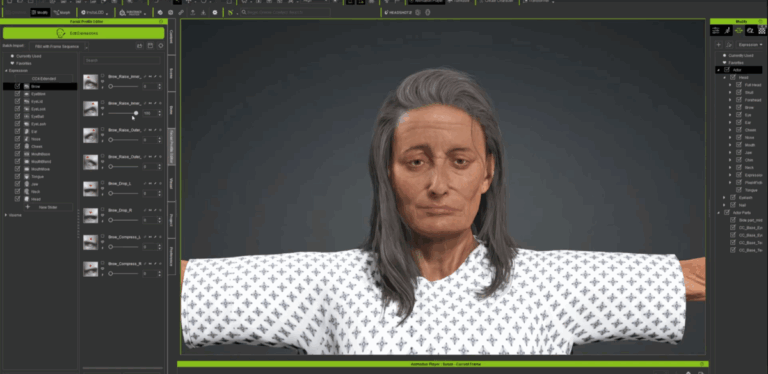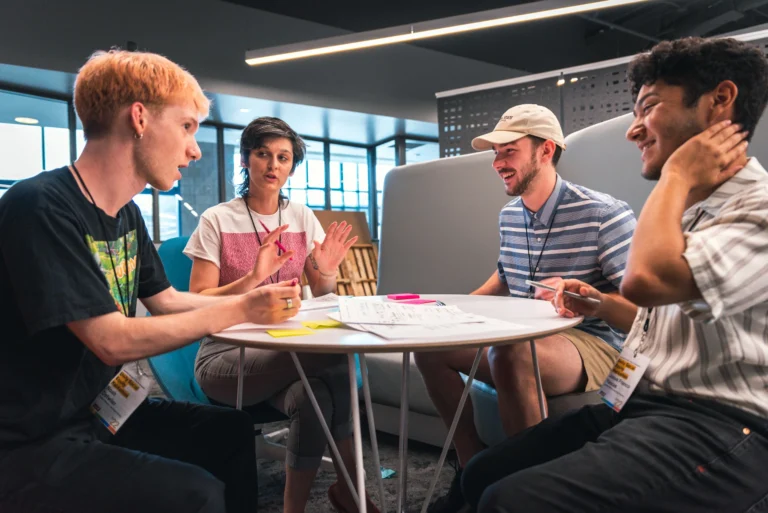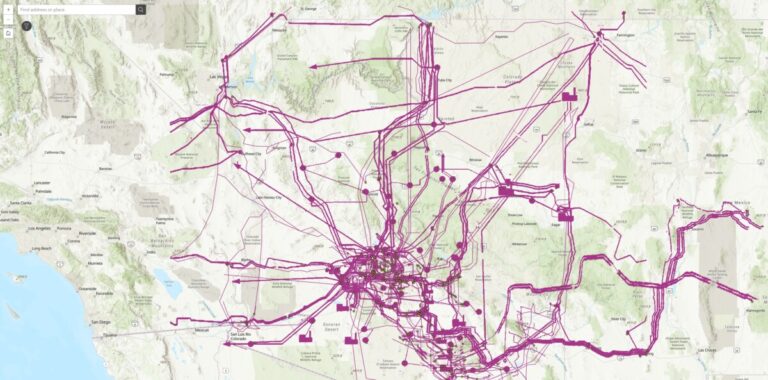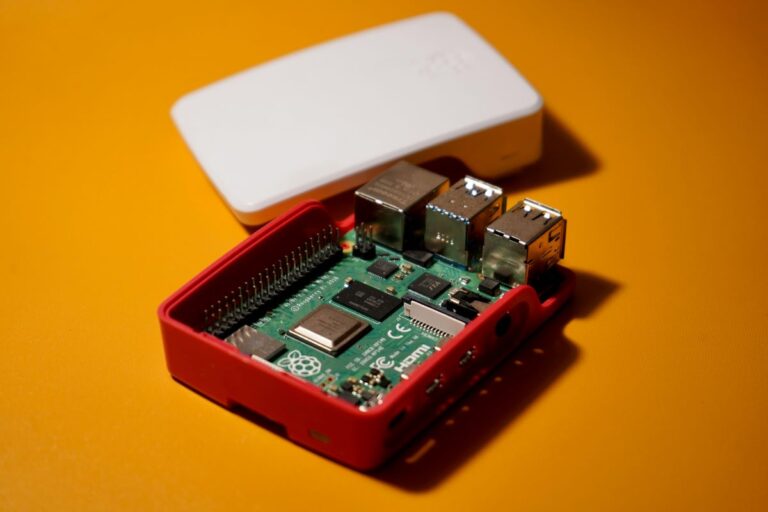Projects Active

Alder-Mayo
In a partnership with Mayo Clinic, a team of Next Lab student workers are creating a virtual reality training simulation for medical students to practice diagnosing strokes. This proof-of-concept features hyper-realistic 3D models of medical patients that are able to be directly interacted with using VR hand-tracking controls and voice-recognition. Using the National Institutes of…

Maricopa County Digital Storytelling
The Maricopa County Digital Storytelling project, featured on the AZ-1 web portal, highlights the impact of broadband internet access on education, business, and wellness in Maricopa County, Arizona. It shares stories of community members benefiting from having broadband access, such as telehealth and 5G technology for startups. This initiative is part of the university’s efforts…

AZ Transmission Futures
The AZ Transmissions project at Arizona State University uses advanced geospatial technology to map and analyze Arizona’s power infrastructure. A team of students and professionals is extracting data from complex PDFs, georeferencing maps, and automating data extraction using GIS software. The goal is to transform static maps of transmission lines and power stations into interactive,…

EDge AI – Educational AI at the Edge
Edge AI introduces a transformative AI solution to expand access to educational resources for remote and underserved communities. The project empowers learners in areas with limited internet and power infrastructure by developing an AI system capable of offline functionality on low-powered devices. The solution uses privacy-centric approaches to operate independently, ensuring user data remains secure…